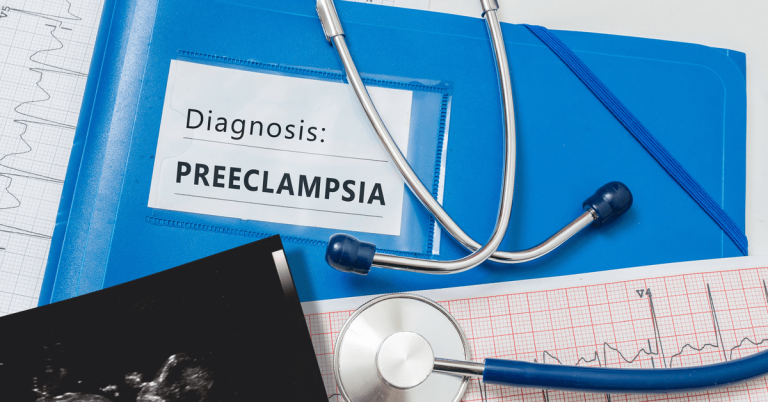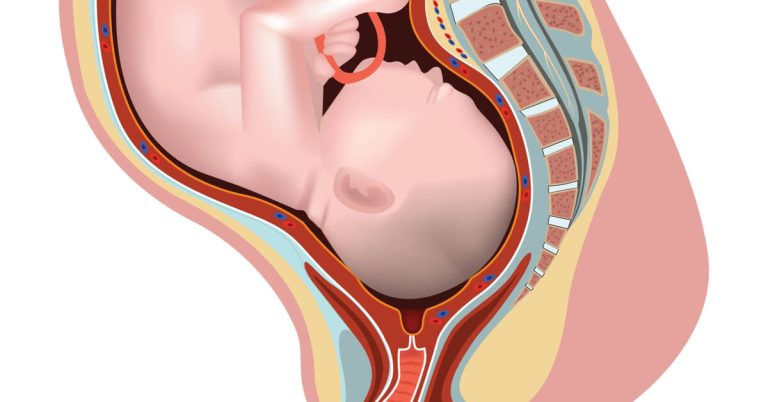The common problem of most new parents is gas pain that starts in the first weeks after birth and force babies. Gas pain can cause the baby to cry, bloating and pain, and sometimes disrupt feeding and sleeping patterns. Sometimes, even though every solution is tried, these pains may not pass and may make your baby uneasy. This situation, which can lead to colic attacks, may make it necessary to find an answer to the question “What is gas pain in babies and how to cope with it?”.
What Causes Gas Pain in Babies?
To relieve the cramps and pain in your baby’s stomach, you can first determine what causes gas pain. If the source of the problem is found, it can be prevented before the baby’s bloating occurs. Digestive problems are very common in the first month in babies.
The following factors can cause the formation of gas.
- Stomach and bowel movements are not fully developed
- Some digestive enzymes not working yet
- Passing of gas-producing foods to the baby through breast milk
These pains are on average 2-3 days after birth. It starts in weeks and ends at 3-4 months. Rarely, it can be seen to last up to 6 months. Again, with the start of the transition to complementary foods, some babies may encounter gas problems from time to time after the 6th month, as the new foods given to the baby can cause gas.
What Are the Ways to Relieve Gas in Babies?
Symptoms such as swelling and stiffness in the abdomen, restlessness, bending backwards, straining and crying by pulling the feet towards the stomach are among the symptoms of gas pain in babies. If you are observing these findings in your baby, you can take advantage of some tricks that can ease her troubles, help her get out of gas and relax her.
Ways to prevent gas pain in babies can be listed as follows
- Make sure your baby grasps the breast correctly while breastfeeding. Breastfeeding routines that are not in the right position and with a good grip will cause your baby to swallow more air, causing bloating.
- The foods consumed by the mother during the breastfeeding period pass to the baby through breast milk. Therefore, pay attention to your nutrition during breastfeeding. Foods such as broccoli, cabbage, cauliflower, dairy products, legumes, tea, coffee, grapefruit and oranges are among the foods that cause gas. If your baby has gas problems, avoid consuming these foods during breastfeeding.
- For bottle fed babies, try to hold the bottle at the right angle and try to eliminate the possibility of swallowing air. Be careful not to shake the bottle while preparing formula to prevent air bubbles from forming in the bottle.
- When buying a baby bottle, choose the one with anti-colic features and non-gassing apparatus.
- Take a warm bath to soften the hardness in your abdomen in order to benefit from the relaxing effect of water. Gently rub your baby’s tummy during the bath.
- Do not dress your baby in layers and thick clothes. Choose clothes that are suitable for the season, cotton and non-sweaty, and relax.
- Determine the feeding intervals correctly. In your baby’s stomach, which is fed hourly, digested and undigested milk canmixand form gas.
- If possible, feed your baby only with breast milk. Breast milk is more easily digested than formula and causes less gas problems.
- Make sure to burp the baby after feeding and between feedings. (Hold the baby in your lap with hertummy on your shoulder. Position your hand in a way that creates a bump in your palm. Stroke your baby’s back with your palms with gentle movements.)
- Check the temperature of your baby’s environment. Make sure it is not too hot or cold.
- Keep your baby’s feet warm and not cold.
- Try to have a calm approach to your baby under all circumstances. Be patient and compassionate. Make skin to skin contact whenever she needs it and want to calm down and give her lots of hugs.
Working Methods for Gas Pain in Babies
Sometimes even if you bath your baby, pay attention to your diet or regulate environmental factors, you can’t find a cure for gas pains. We have compiled effective methods that can help alleviate the troubles of your baby suffering from gas pains.
1. Baby Pillow with Cherry Pit Pouch
Keeping your baby’s tummy and feet warm is very helpful in gassing. You can give your baby a bath with warm water, close to the heat, every day. On the other hand, you can try to warm your baby’s tummy and feet with a hot cherry pillow on the days you can’t take a bath or at other times outside of the bath. These pillows, which contain cherry pits and can be heated in the microwave, provide a similar function to a hot water bag and can be attached to the tummy of babies to provide warmth for a long time. It is also possible to try the same method with hot towel.
Have you discovered the Baby Pillow with Cherry Pit Pouch? https://www.e-bebek.com/en/sevi-bebe-multi-function-baby-pillow-with-cherry-pit-pouch-p-sev-902/
2. Abdominal Massage
One of the most effective methods for babies’ gas problem is a gas massage. After a bath or half an hour after breastfeeding, pour some baby oil or olive oil into your hands and massage the baby’s belly. First, draw counter clockwise circles on your baby’s stomach with your fingers. Then, grasp the waist with your hands on both sides and gently pull it down with your thumbs. You can apply this massage on your baby’s clothes and without using oil, but it will be more effective if you massage the bare skin.

3. Fennel Tea
Fennel is an herb with a carminative effect. When tea is prepared from fennel seeds and consumed, bloating decreases and abdominal cramps caused by gas are relieved. You can prepare fennel tea by steeping 1-2 teaspoons of fennel in 2-3 cups of warm water for 10 minutes. However, it is forbidden to use herbs such as fennel in infants before the 6th month. For babies older than 6 months, with the approval of their doctor, 1-2 teaspoons of fennel tea can be consumed 2-3 times a day. In babies younger than 6 months, the mother can consume fennel tea instead of the baby and pass it to the baby through milk.
4. Abdominal or Side Lying Position
Try to set a sleeping position that will put pressure on your baby’s stomach. Lie in the prone position by placing a thin pillow on your tummy or lay on your side, supporting your back. Do not leave your baby alone in either position.
5. Herbal Methods Such as Cumin and Apple Cider Vinegar
Cumin and apple cider vinegar at home are alternative products for gas removal methods in babies. You can add a drop or two of apple cider vinegar to the drinking water of babies older than 6 months. Apple cider vinegar will help with gas. You can also try to give your baby 1-2 teaspoons before meals by boiling a teaspoon of cumin with a glass of water and straining it when it cools down. You can add cumin to your meals with the tip of a teaspoon during the supplementary food period. Cumin, like apple cider vinegar, has a carminative feature and facilitates digestion.
You should take care not to use any herbal product without consulting your doctor to relieve gas pain in babies.
Would you like to share your experiences and questions as a comment?
Have a nice and healthy day!







